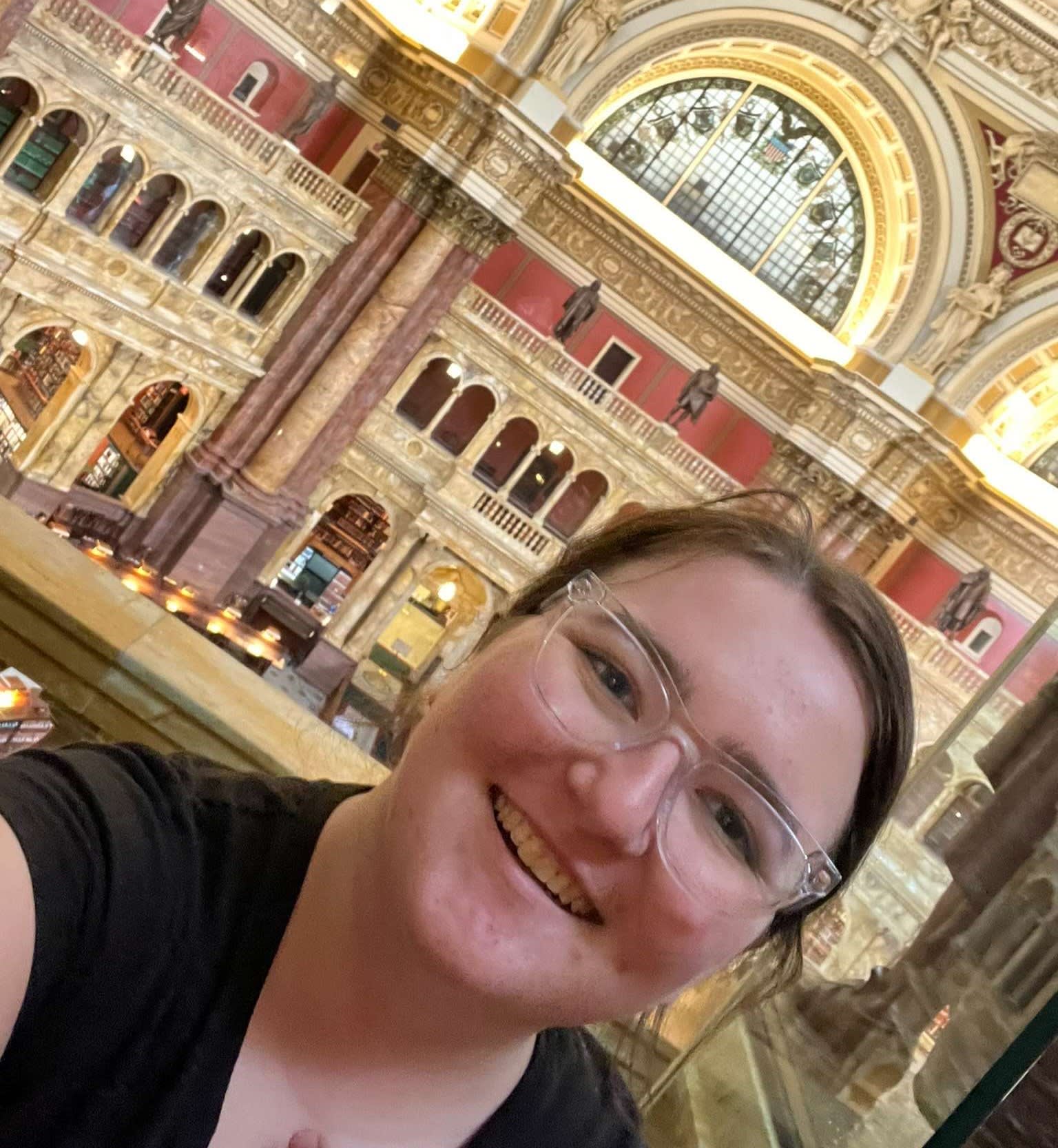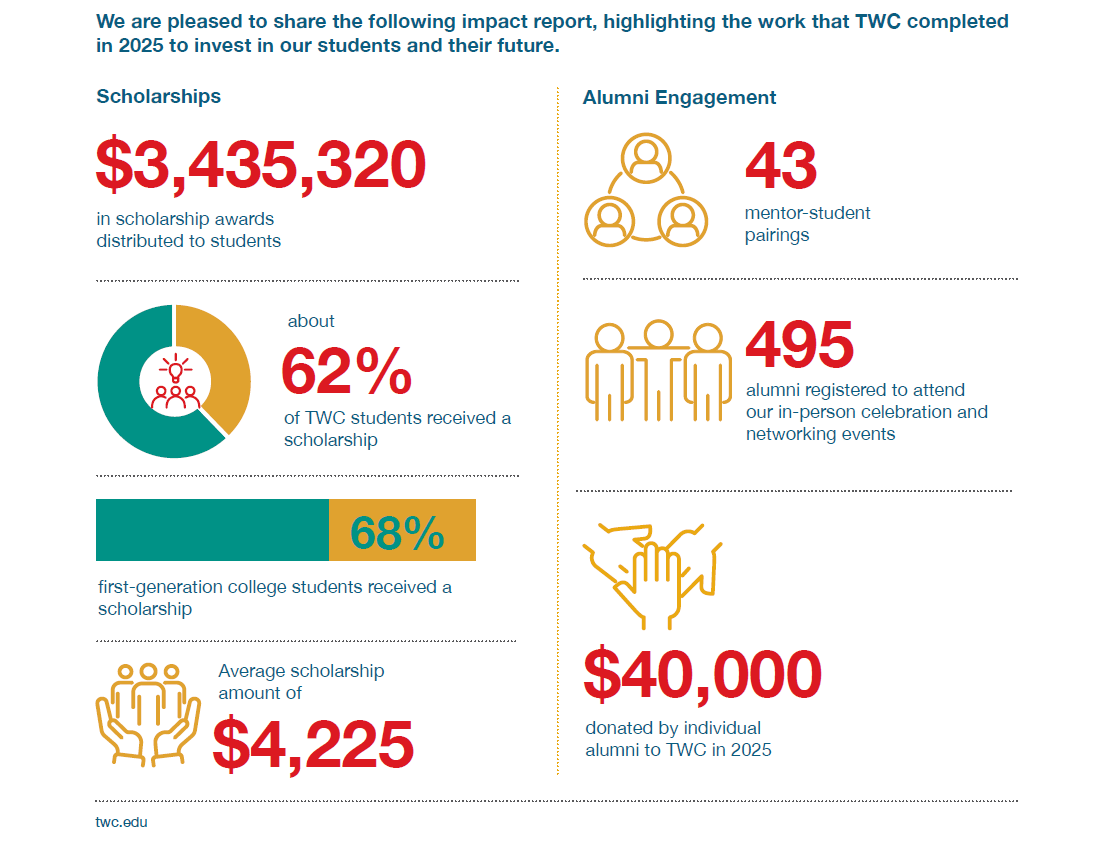
Converting personal challenges into action for others via an internship within the federal government at SAMHSA.
Turning personal challenges into powerful advocacy, Adriana DeMercurio’s journey from associates degrees in high school, to a challenging undergraduate experience, to a coveted internship at the Substance Abuse and Mental Health Services Administration (SAMHSA) Office of Recovery is nothing short of inspiring. As a first-generation college student, a disabled individual and someone in recovery, she faced and overcame numerous obstacles to achieve great things and help inspire and empower others.
Can you tell us a little bit about your professional journey, thus far?
My academic to professional journey is certainly non-traditional, but one that I am very proud of. With the support of The Washington Center, I interned at the Substance Abuse and Mental Health Services Administration, AKA SAMHSA, the agency within the U.S. Department of Health and Human Services (HHS) that leads public health efforts to advance behavioral health and improve the lives of individuals living with mental and substance use disorders, and their families.
I completed this internship while also finishing my bachelor's in psychology with a certificate in Health Care Administration and a minor in pre-law from Methodist University in May of 2024. Prior to that, I graduated high school at 17 with two associate degrees – one in Arts and one in Science – finishing both right in the middle of the pandemic in 2020.
Starting college during such a challenging time, and as a first-generation college student, must have been quite an experience, tell us more Adriana!
Yes, it was. I decided to go to Methodist University because of a scholarship that made private education affordable. But when I arrived, things weren’t easy. I’m disabled and at that time was using a wheelchair to get around. Campus wasn’t always accessible, and I sometimes struggled to receive proper care for my disability. I felt lost, overwhelmed and started self-medicating for the pain and seriously thought about dropping out.
I was ready to give up, but then I met Mitzi Averette, a nursing instructor and someone in long-term recovery. Every week during my freshman year, she took me into the nursing building to complete puzzles, and while we worked, she talked to me about recovery—something I was still in denial about. Through her support, I got sober and helped establish a collegiate recovery organization on campus called "Roaring 4 Recovery." I was even accepted into the national "SAFE" Project to help with this effort.
How did that experience shape the rest of your college career?
It changed everything. I went through intense physical therapy and relearned how to walk. That process of healing inspired me to advocate for others. I switched my major from Pre-Med Biology to Pre-Law because I saw how much needed to change, especially for students with disabilities and those in recovery. I started a club called DREAM, which advocates for students with disabilities, and I established a chapter of DaPi, an honor society for students with accommodations who maintain an honors GPA. I spent my undergraduate years fighting for underrepresented groups on campus.
How did this lead you to your internship with SAMHSA?
That opportunity also came through Mitzi. She encouraged me to apply to The Washington Center. At first, I didn’t think I was qualified—I was still a student, and I had personal challenges, but Mitzi wouldn’t let me give up, so I applied, worked closely with TWC program staff, and to my surprise, I got an interview and then was offered a paid position with the Federal Government. It was a huge moment for me. I never thought someone like me, disabled in recovery and with a non-traditional education background—would be accepted into a role like this.

What was your experience working with SAMHSA’s Office of Recovery?
It was incredible. I did a lot of different tasks such as writing fact sheets and attending weekly meetings. I also took notes for larger meetings involving other departments. What made this internship special was how much autonomy the team gave me. I was even able to choose the projects I was most passionate about.
Speaking of the next chapter, you’re now heading to law school! Can you tell us more about that decision?
Yes! I’ve decided to attend Elon University School of Law to obtain my Juris Doctorate. My experiences at SAMHSA, along with my advocacy work during undergrad, showed me that there’s so much more to be done in terms of policy and law for people with disabilities and those in recovery. I want to continue advocating for others and make sure their voices are heard. This internship taught me not to fear my past but to embrace it.
It’s clear that you’ve overcome so much and used those experiences to fuel your passion for advocacy. What advice would you give to others who may be facing similar challenges?
Don’t let your past define you or limit what you think you can achieve. The struggles I went through, the doubts I had about myself, and the systems I had to navigate—they all made me who I am today. And if there’s one thing I’ve learned, it’s that even when you feel like something isn’t “for people like you,” that doesn’t mean it’s out of reach! Apply anyway. Push forward. You might surprise yourself.
The Washington Center is proud to support students like Adriana in finding meaningful, career launching opportunities.
About the Author
Follow on Twitter Visit Website More Content by The Washington Center






















